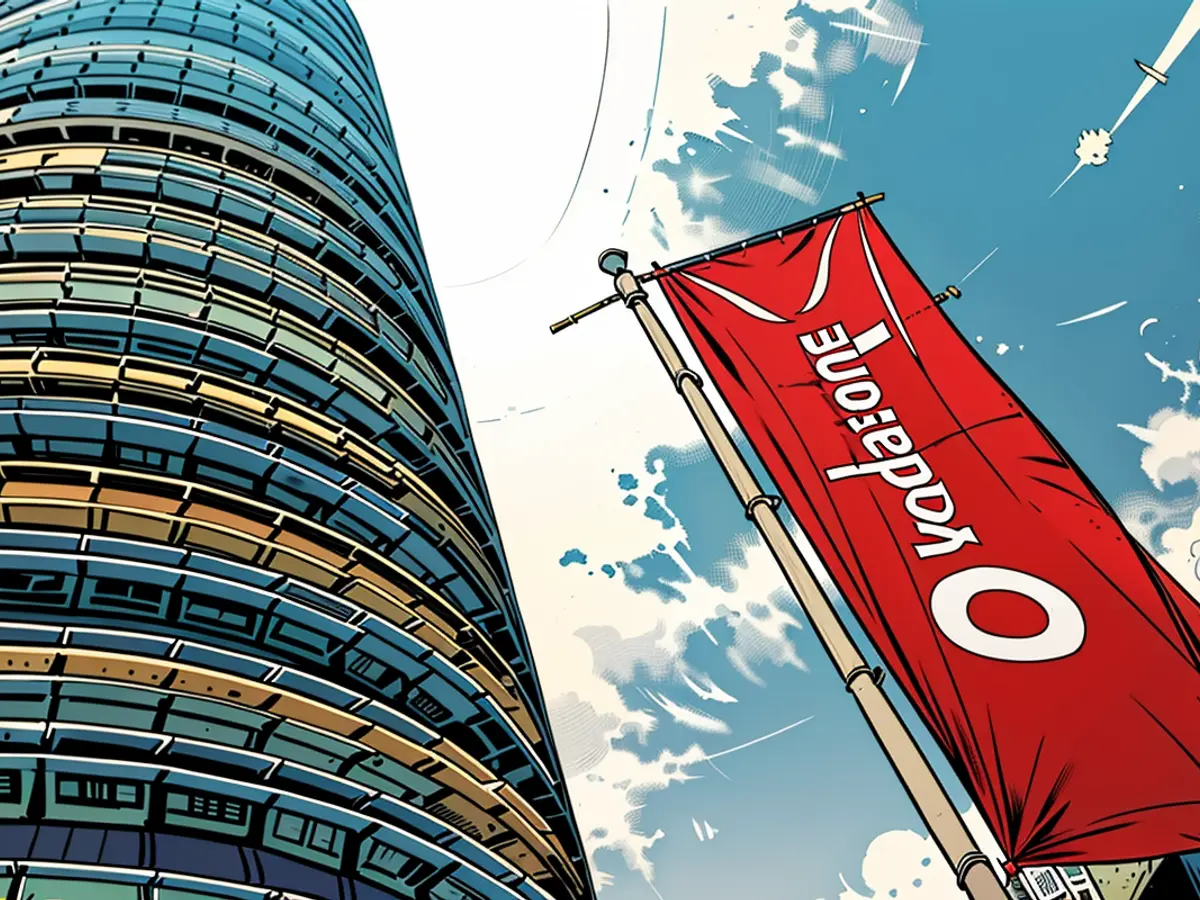Telecommunications companies - Vodafone loses many TV customers again
Vodafone Germany, a telecommunications provider, is losing significantly in its TV business. In the first quarter of the financial year 2024/25, which began in April, the number of TV customers dropped by approximately 655,000 to around 11.1 million, according to Vodafone's German subsidiary based in Düsseldorf. In the previous quarter (January to March 2024), the customer loss was roughly the same, and there may be another substantial decrease in the current summer quarter.
The reason for this is the end of a legal regulation on July 1, which allowed the provider to charge TV costs to all its tenants in the common costs – whether they wanted to or not. Through the "utility privilege," Vodafone had a significant advantage over the competition, as it could easily close large contracts with housing societies.
However, competitors – such as satellite TV providers or Deutsche Telekom with its Magenta TV internet service – had a harder time. Vodafone has been the market leader in the TV segment for a long time, but this lead is shrinking.
Competitive advantage is passing
With the elimination of this privilege, Vodafone is losing a significant portion of its mass business – either because tenants are switching to alternative offers or because they no longer need TV signals, as they get everything through pure internet streaming, such as Netflix or the ARD Media Library.
Vodafone originally supplied 8.5 million households with the TV signal under the utility privilege. The other TV customers are homeowners or tenants who already had a direct contract with Vodafone and were therefore not affected by the legislative change.
Vodafone aims to keep at least half of these 8.5 million households, either through direct contracts with the provider or through a new type of group contract, in which the tenant voluntarily participates.
"It was clear that the TV market would significantly shrink with the legislative change," says CEO Marcel de Groot. In light of the set goals, we are making good progress. "Many customers who want to continue using a TV product in the future are choosing Vodafone."
CEO remains optimistic
Vodafone is going through a difficult phase; with personnel reductions and efficiency measures, the company aims to get back on track with its currently around 15,000 employees in Germany. However, it went worse in the spring quarter, as the Germany revenue in the crucial service business fell by 1.5 percent to around 2.8 billion Euro.
The customer numbers in fixed network internet and mobile phone also decreased. Vodafone Germany did not publish figures on the operating result in that quarter. CEO de Groot emphasizes an optimistic outlook. "We have set the switches for growth in the next business year."
- Despite facing challenges in its TV business, Vodafone Germany, a major telecommunications provider based in Düsseldorf, remains hopeful and plans to retain at least half of its 8.5 million television customers through direct contracts or group contracts.
- Telecommunications companies like Vodafone and German Telekom have been significantly impacted by the changing landscape of television and telecommunications, with the end of regulations allowing for bundle pricing of TV services.
- The removal of the "utility privilege" has led to a shift in the German TV market, resulting in Vodafone losing a substantial portion of its mass business, as tenants switch to alternative offers or opt for streaming services like Netflix.
- Competing telecommunications providers, such as satellite TV providers and Deutsche Telekom with its Magenta TV internet service, have had a harder time compared to Vodafone in the TV segment due to this legal change.
- In response to the shrinking TV market and financial challenges, Vodafone Germany has implemented personnel reductions and efficiency measures to improve its financial performance, while also focusing on growth in the upcoming business year.








